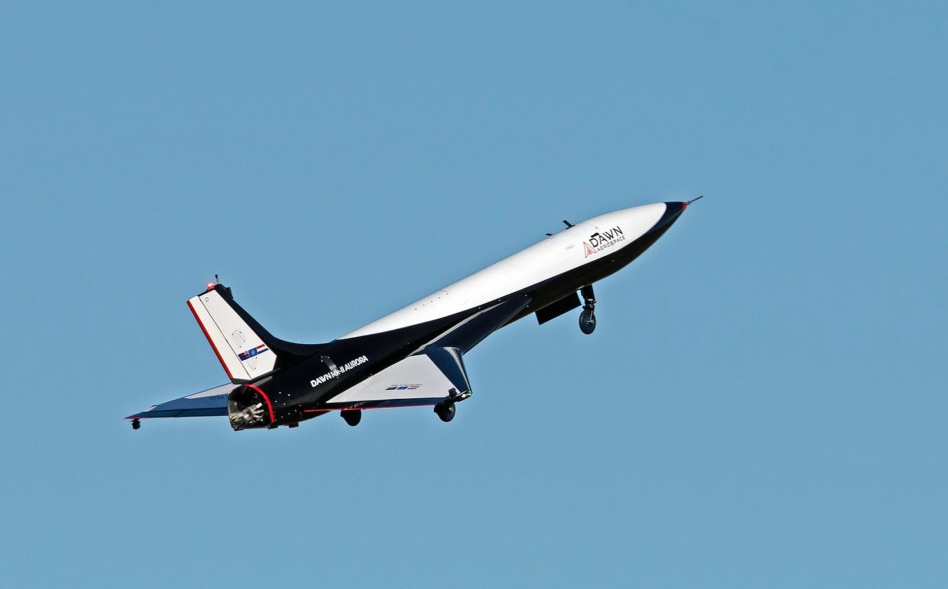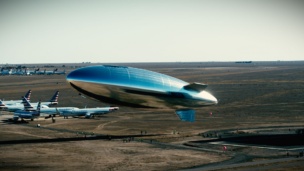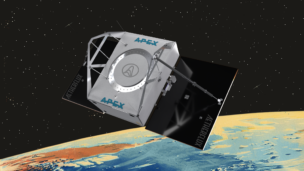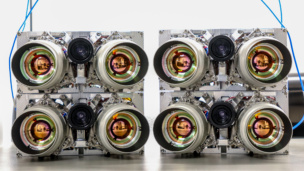New Zealand startup Dawn Aerospace announced Wednesday that it successfully completed three flights of its rocket-powered Mk-II Aurora suborbital spaceplane last week. During the test flights, the vehicle reached an altitude of over 6,000 feet.
“When we set out to change how we access space, we didn’t want an iterative step on expendable rockets – there are plenty of others doing that well. We want genuine revolution,” said CEO Stefan Powell.
Mk-II Auroa: The Mk-II is a fully reusable spaceplane capable of horizontal take-off and landing on airport runways. As the suborbital plane progresses out of the test phase, the Kiwi startup has set performance expectations high, including
- Flying between 100 and 1000 launches per vehicle before retirement
- Increasing maximum flight altitude to 100 km
- And flying twice a day
Dawn plans to sell the high-altitude flight service to Earth monitoring, microgravity research, and disaster management customers.
Spaceplane ups and down: Dawn is betting the spaceplane will disrupt the space transportation market by offering a significant cost and flexibility advantage over conventional rockets.
- Yet, building efficient spaceplanes has historically been a challenging endeavor, as evidenced by the expensive NASA Shuttle program and, more recently, the inconsistent performance of Virgin Orbit’s mid-air launch system, and Virgin Galactic’s VSS Unity.
Mk-III and orbital goals: Dawn views the Mk-II as a stepping stone to its primary objective, achieving orbital flight. As soon as the vehicle can achieve twice-a-day flight, Dawn will turn its attention to building Mk-III, a next-gen orbital spaceplane.
“Dawn’s ultimate goal is an orbital spaceplane. We are under no illusion there is a long way to go before these vehicles reach space, let alone getting a second stage to orbit,” said Powell.
To help with development, Dawn raised NZ $20M (~$13M) late last year. According to the company, Mk-III will be outfitted with a second-stage rocket capable of delivering a 250-kg satellite to orbit.





